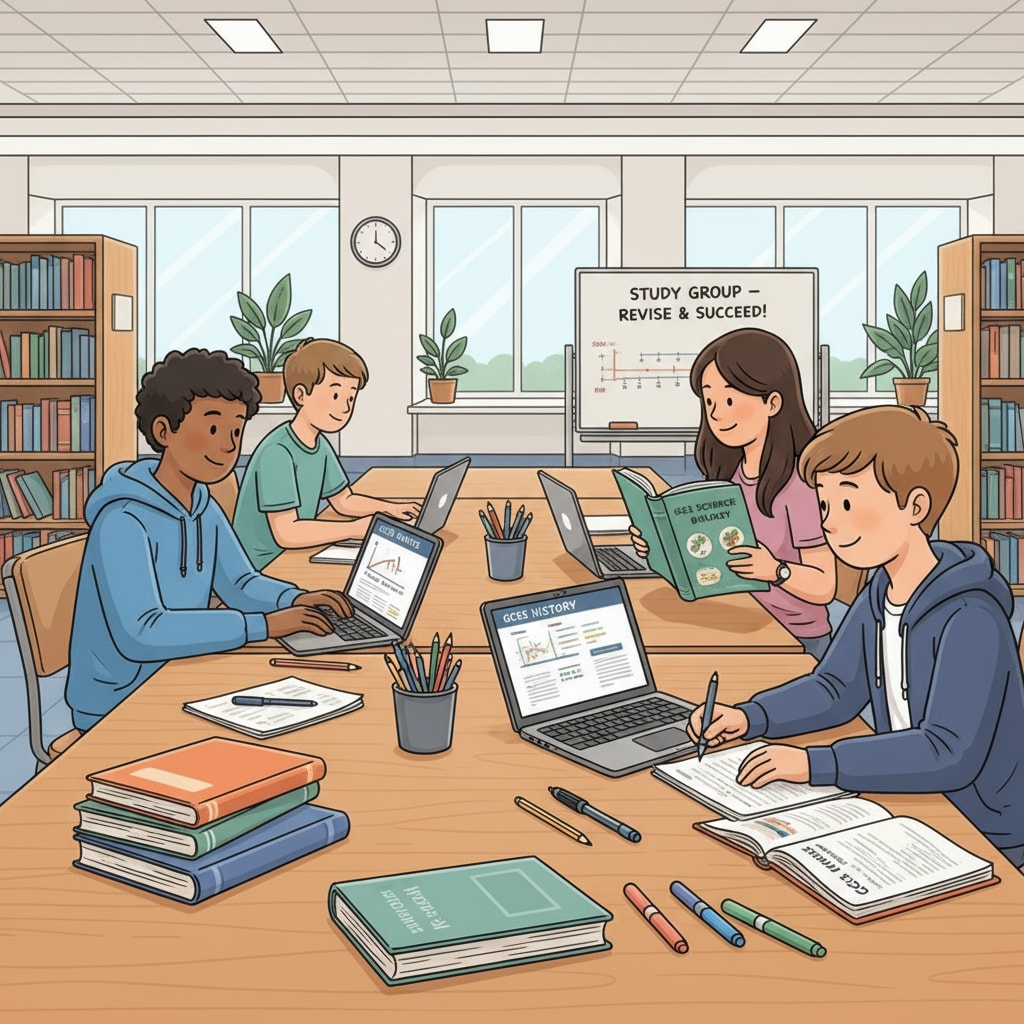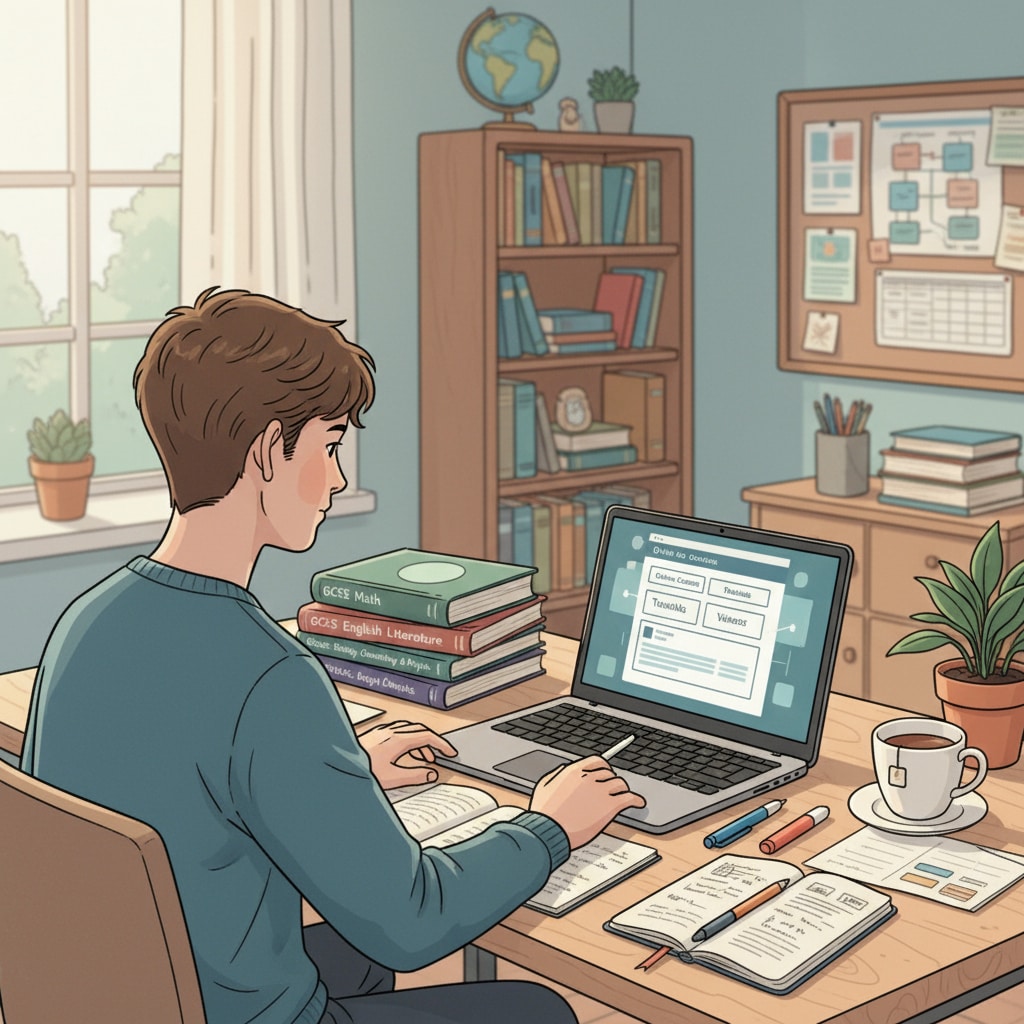Educational gaps, self-learning resources, and GCSE courses are crucial aspects for teenagers who have experienced disruptions in their education. For some adolescents, family issues can lead to breaks in their learning journey. However, with the right self-learning resources and a well-planned curriculum, they can get back on track. Take, for example, the UK’s GCSE curriculum system, which offers a framework for these young individuals to rebuild their educational paths.

Understanding Educational Gaps
Educational gaps among teenagers often stem from various family-related factors. These could include financial difficulties that prevent a child from attending school regularly, family relocations that disrupt the educational routine, or family emergencies that demand the child’s attention. Such interruptions can leave a young person feeling lost in their academic progress. According to Britannica, education is a fundamental right, but these real-life situations can pose significant obstacles. As a result, it becomes essential to find alternative ways to continue learning.
Harnessing Self-Learning Resources
Self-learning resources are a lifeline for teenagers facing educational gaps. The internet is a treasure trove of materials. Online platforms offer free and paid courses related to GCSE subjects. For instance, there are websites that provide video tutorials, practice quizzes, and study guides. Additionally, libraries, both physical and digital, are great sources of books and study materials. Local libraries often have collections of GCSE textbooks and reference materials. By making use of these resources, teenagers can start to fill in the knowledge gaps.

Navigating the GCSE Curriculum Independently
The GCSE curriculum is a structured framework that can be navigated independently. Teenagers can start by understanding the syllabus requirements for each subject. They can then create a study plan, allocating specific time slots for different topics. For example, if they are studying mathematics, they can break down the syllabus into units and set a schedule to cover each unit. Online forums and communities related to GCSE studies can also be helpful. Here, students can exchange ideas, ask questions, and get advice from their peers. According to Wikipedia, the GCSE is designed to assess students’ knowledge and skills, and with proper self-study, teenagers can prepare themselves effectively.
In conclusion, educational gaps should not be seen as insurmountable barriers for teenagers. With the abundance of self-learning resources available and a clear understanding of the GCSE curriculum, they can take control of their learning and rebuild their educational futures. By being proactive and making use of these opportunities, they can overcome the challenges posed by educational interruptions and move forward on their learning paths.
Readability guidance: The article uses short paragraphs and lists to summarize key points. Each H2 section provides useful information. The proportion of passive voice and long sentences is controlled, and transition words are scattered throughout to enhance readability.


